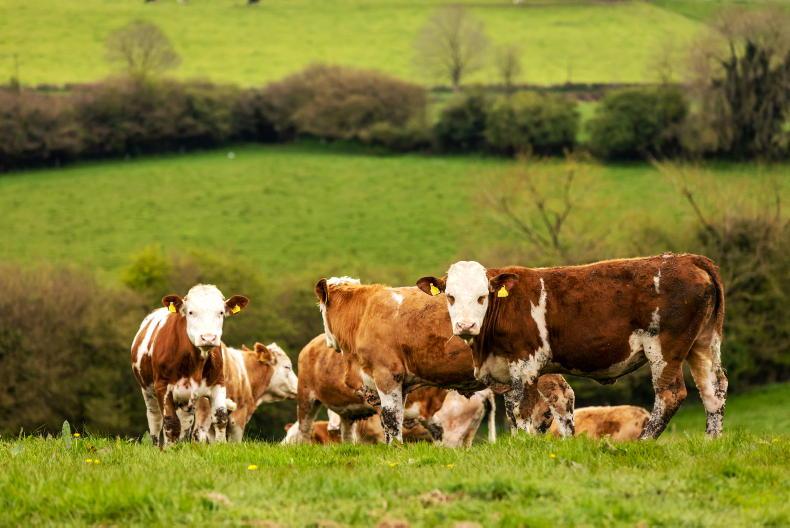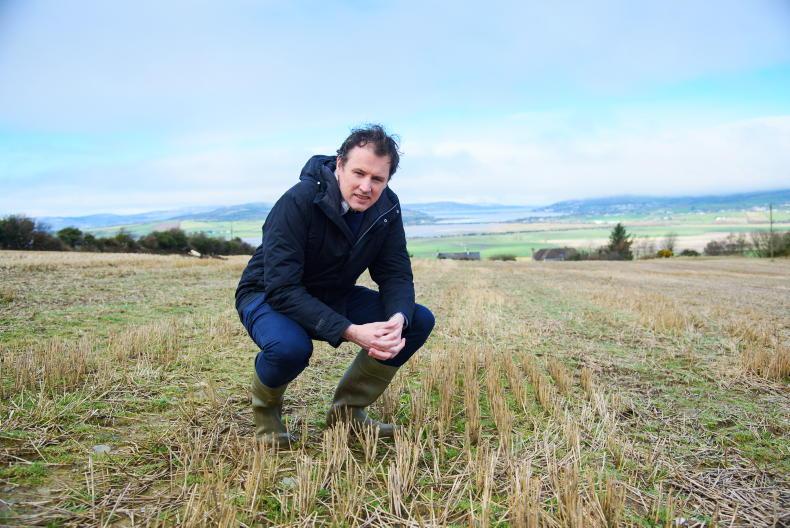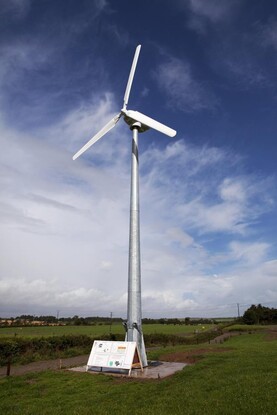After three years of negotiations, a CAP deal was agreed at EU level on Monday. The outcome represents the end of CAP as we know it. Despite the political narrative, no longer is it a policy to support food production. The direction of travel is clearly focused on rewarding landowners for delivering an environmental dividend. The extent to which such a policy can be defended when allocating support to future CAP budgets remains to be seen. We carry extensive coverage and analysis throughout this week’s paper. Our payments calculator in this week's paper shows how convergence and eco schemes will shape entitlement values over the next six years.
Speaking after the deal was struck, Minister for Agriculture Charlie McConalogue described it as a “really good day for Irish farm families”. It is a view that he will no doubt be asked to defend. While securing Ireland’s €10.74bn fund is positive, many farmers view the deal as one that will bring more costs, more compliance measures and more restrictions on output while receiving less financial support.
In this week's edition, we carry an interview with the minister where he has committed to bringing the deal to “every calving shed, every milking parlour, tillage field and kitchen table” to get farmers’ views on it. If a consultation process is to have any credibility, the minister must not turn up at farmers’ kitchen tables empty-handed. Letting a summer of debate take place on the various CAP measures in an information vacuum would see the shaping of Ireland’s agriculture policy turn into a popularity contest.
It would be a pointless exercise for the minister to carry out a consultation process prior to providing farmers with details on how the €300m per annum ring-fenced for eco schemes will be deployed
The sector is too important to the rural economy to countenance such an outcome. Instead, the minister must present farmers with the financial modelling, showing the impact of the various CAP measures on sectoral incomes and future viability of Irish farms. This should include the impact of implementing the increased flexibilities such as front-loading and further convergence of payments.
It would also be a pointless exercise for the minister to carry out a consultation process prior to providing farmers with details on how the €300m per annum ring-fenced for eco schemes will be deployed. To put into context, despite all the focus on convergence, the sum of money involved is €60m over a five-year period. As our payments calculator shows, for farmers with both high- and low-value entitlements, the ability to draw down eco scheme funding will be critical in determining the level of support being received by 2027.
Viability
If eco schemes are based on a cost incurred and income forgone model, and not designed in a way that yields a significant dividend to farm incomes, this CAP reform will do little to increase the viability of farms with low-value entitlements. At the same time, it will severely undermine the viability of those farms with higher-value entitlements.
Meanwhile, the financial impact of the measures agreed at EU level on the various sectors should be used to inform the debate on how funding will be targeted in pillar 2. In this debate, it is important to assess the impact of any reduction in entitlement value in the context of farm profitability.

As Adam Woods details on page 34, based on Teagasc National Farm Survey data, each €50/ha cut in entitlement value on a dairy farm equates to a 4.5% reduction in farm profitability. For the tillage sector, farm profitability reduces by 10% and for the suckler and sheep sector, it’s 16%-17.5%. To put into context, a suckler farmer on a €400/ha payment will see his or her payment in 2027, before eco schemes, drop €120/ha – equating to a 42% drop in farm income for the average suckler farm.
There is no doubt that the allocation of funding and the design of schemes within pillar 2 provides the minister with an opportunity to make up ground. But it will require him to secure adequate support around the Cabinet table to deliver maximum co-financing, deliver on commitments in relation to carbon tax supports and secure access to the Brexit Adjustment Reserve fund. As we detailed last week, combining these potential revenue streams could deliver a funding source in excess of €1.3bn per annum over the next six years.
It is only when the minister can commit to delivering this level of support, can provide full details on eco schemes and has informed the debate with the financial facts that farmers will be in a position to have an informed view on CAP.
The focus of the minister must be on developing a balanced agricultural policy for Ireland that underpins food production and rewards for environmental dividend. It is a complex task and one that will not be delivered if the direction of travel is influenced by popularity contests fuelled by an information vacuum.

\ Jim Cogan
After three years of negotiations, a CAP deal was agreed at EU level on Monday. The outcome represents the end of CAP as we know it. Despite the political narrative, no longer is it a policy to support food production. The direction of travel is clearly focused on rewarding landowners for delivering an environmental dividend. The extent to which such a policy can be defended when allocating support to future CAP budgets remains to be seen. We carry extensive coverage and analysis throughout this week’s paper. Our payments calculator in this week's paper shows how convergence and eco schemes will shape entitlement values over the next six years.
Speaking after the deal was struck, Minister for Agriculture Charlie McConalogue described it as a “really good day for Irish farm families”. It is a view that he will no doubt be asked to defend. While securing Ireland’s €10.74bn fund is positive, many farmers view the deal as one that will bring more costs, more compliance measures and more restrictions on output while receiving less financial support.
In this week's edition, we carry an interview with the minister where he has committed to bringing the deal to “every calving shed, every milking parlour, tillage field and kitchen table” to get farmers’ views on it. If a consultation process is to have any credibility, the minister must not turn up at farmers’ kitchen tables empty-handed. Letting a summer of debate take place on the various CAP measures in an information vacuum would see the shaping of Ireland’s agriculture policy turn into a popularity contest.
It would be a pointless exercise for the minister to carry out a consultation process prior to providing farmers with details on how the €300m per annum ring-fenced for eco schemes will be deployed
The sector is too important to the rural economy to countenance such an outcome. Instead, the minister must present farmers with the financial modelling, showing the impact of the various CAP measures on sectoral incomes and future viability of Irish farms. This should include the impact of implementing the increased flexibilities such as front-loading and further convergence of payments.
It would also be a pointless exercise for the minister to carry out a consultation process prior to providing farmers with details on how the €300m per annum ring-fenced for eco schemes will be deployed. To put into context, despite all the focus on convergence, the sum of money involved is €60m over a five-year period. As our payments calculator shows, for farmers with both high- and low-value entitlements, the ability to draw down eco scheme funding will be critical in determining the level of support being received by 2027.
Viability
If eco schemes are based on a cost incurred and income forgone model, and not designed in a way that yields a significant dividend to farm incomes, this CAP reform will do little to increase the viability of farms with low-value entitlements. At the same time, it will severely undermine the viability of those farms with higher-value entitlements.
Meanwhile, the financial impact of the measures agreed at EU level on the various sectors should be used to inform the debate on how funding will be targeted in pillar 2. In this debate, it is important to assess the impact of any reduction in entitlement value in the context of farm profitability.

As Adam Woods details on page 34, based on Teagasc National Farm Survey data, each €50/ha cut in entitlement value on a dairy farm equates to a 4.5% reduction in farm profitability. For the tillage sector, farm profitability reduces by 10% and for the suckler and sheep sector, it’s 16%-17.5%. To put into context, a suckler farmer on a €400/ha payment will see his or her payment in 2027, before eco schemes, drop €120/ha – equating to a 42% drop in farm income for the average suckler farm.
There is no doubt that the allocation of funding and the design of schemes within pillar 2 provides the minister with an opportunity to make up ground. But it will require him to secure adequate support around the Cabinet table to deliver maximum co-financing, deliver on commitments in relation to carbon tax supports and secure access to the Brexit Adjustment Reserve fund. As we detailed last week, combining these potential revenue streams could deliver a funding source in excess of €1.3bn per annum over the next six years.
It is only when the minister can commit to delivering this level of support, can provide full details on eco schemes and has informed the debate with the financial facts that farmers will be in a position to have an informed view on CAP.
The focus of the minister must be on developing a balanced agricultural policy for Ireland that underpins food production and rewards for environmental dividend. It is a complex task and one that will not be delivered if the direction of travel is influenced by popularity contests fuelled by an information vacuum.

\ Jim Cogan








 This is a subscriber-only article
This is a subscriber-only article










SHARING OPTIONS: